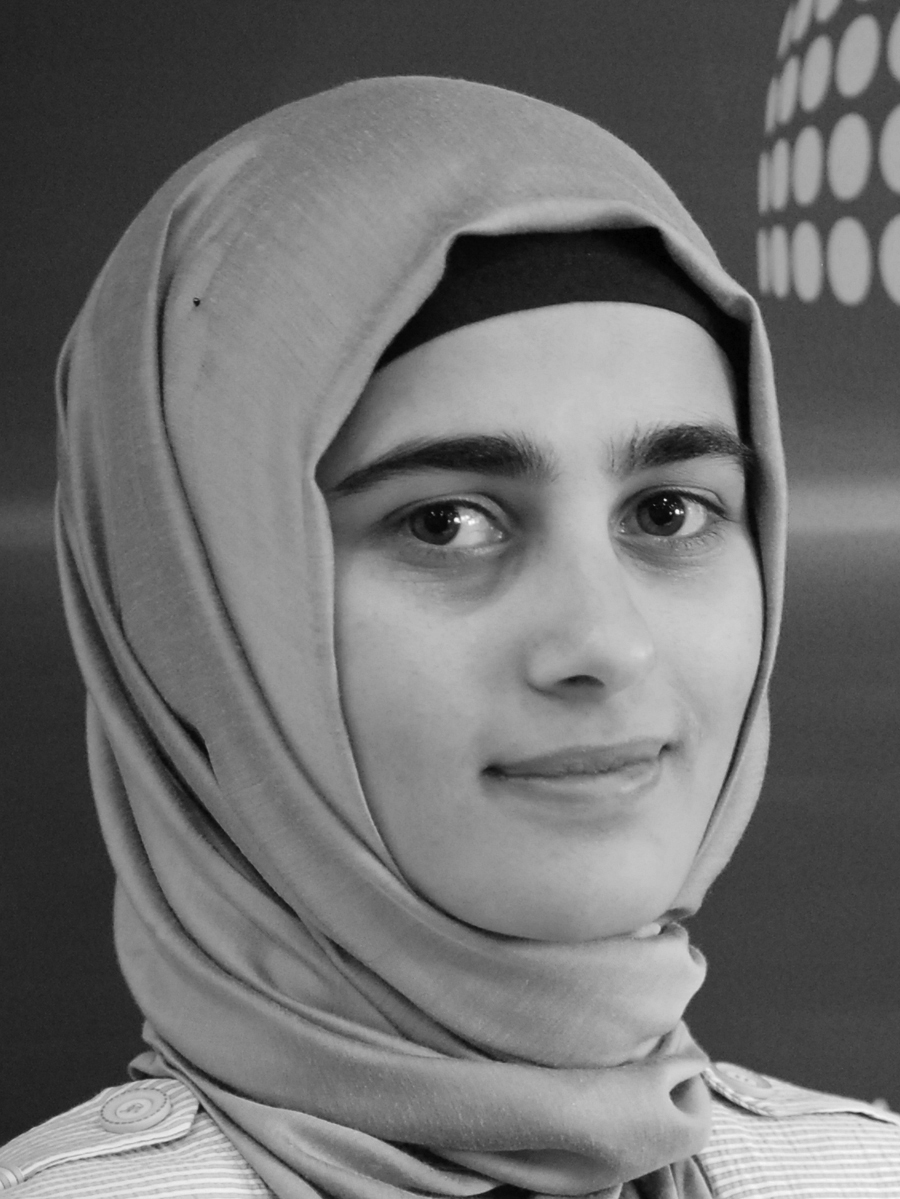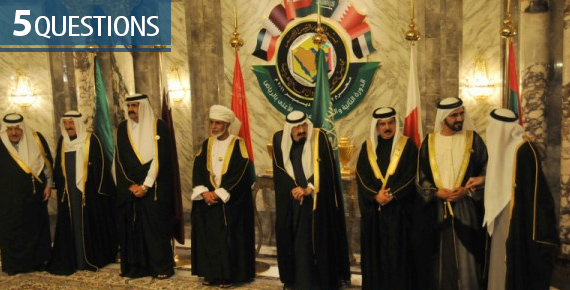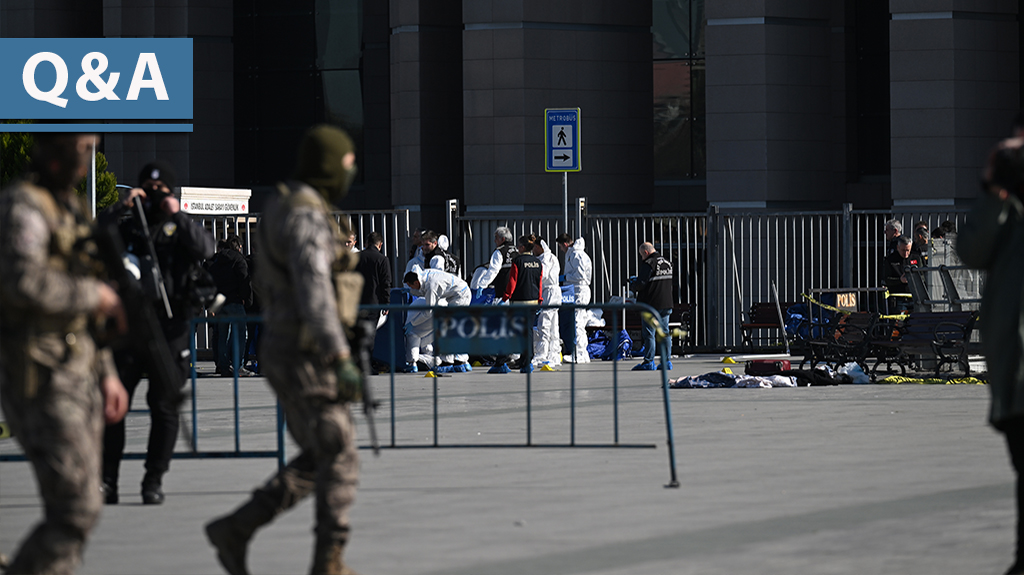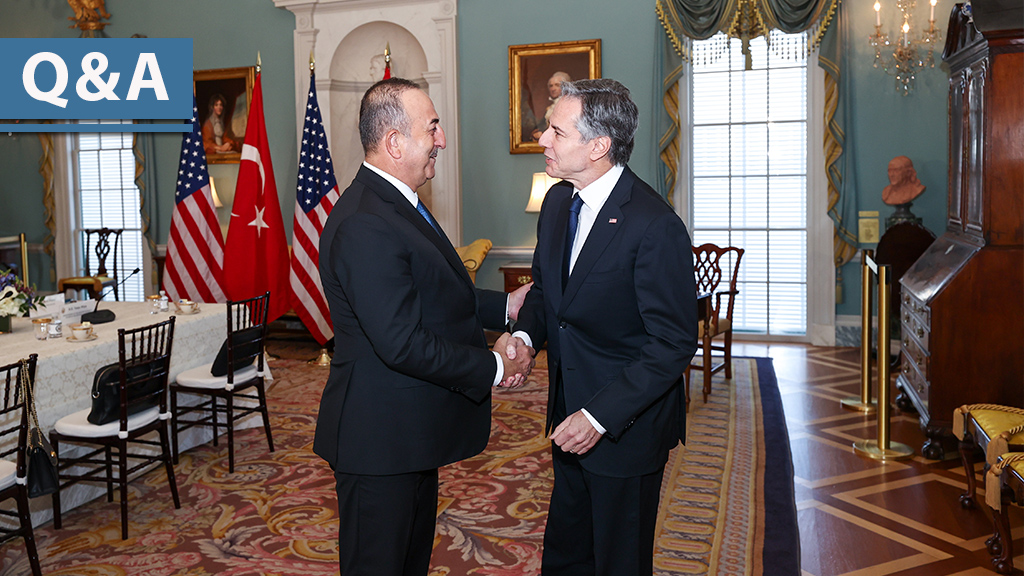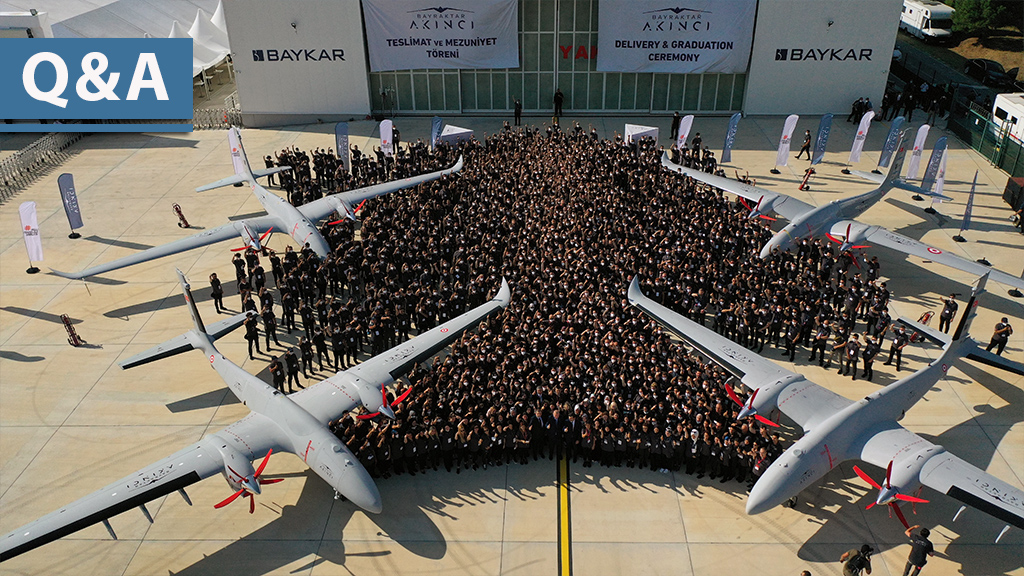1. What does the intervention in the Syrian crisis mean for the Gulf countries?
Although the members of the Cooperation Council for the Arab States of the Gulf (GCC), are six separate countries, consisting of Saudi Arabia, Qatar, the United Arab Emirates (UAE), Kuwait, Bahrain and Oman, only three of them (Saudi Arabia, Qatar and the UAE) have played an active role in the issue of Syrian crisis. Saudi Arabia sees the overthrow of the Syrian regime as an opportunity to weaken the influence of Iran in the region. Syria has become much more critical for Saudi Arabia with the arrival of the post-Saddam period in Iraq and with the Lebanese government’s rapprochement with Iran following the former Prime Minister Rafiq Hariri’s assassination. In addition, Saudi Arabia aims to clear away the criticism of “pro-status quo” for their position in the face of the Arab uprisings and to increase its regional influence by supporting the regime change and formation of a Sunni government close to Saudis in Syria. On the other hand, Qatar, as the most frequently talked about country during the Arab revolts, supports the Syrian opposition; therefore, seeks to have a wider ground of legitimacy and reinforce its political presence in the region. Qatar also aims to expand its sphere of influence by filling the gap created by the regional countries.
2. What is the position of the Gulf countries in the Syrian crisis so far?
The Gulf countries have supported the Syrian opponents by different methods and at different levels against the Bashar al Assad regime. The GCC states in a joint decision withdrew their diplomatic representatives from Syria and deported the Syrian ambassadors. The Gulf countries, Saudi Arabia and Qatar in particular, provided economic, military and political support to the opponents in Syria as they play a critical role in arming the opponents and providing material as well as diplomatic support to the Syrian National Council. Despite all, some opposition groups felt closer to Saudi Arabia and Qatar more than the others, and their struggle negatively affected the debates in the National Council and National Coalition of Syria. Lastly, Ahmad Jarba, backed by Saudi Arabia, became the new head of the coalition, and Saudis have become influential again over the Free Syrian Army’s Military Council. This is interpreted as Qatar’s losing control in the Syrian issue. The UAE, on the other hand, adopted the Saudi line as they hosted the media operations against the Islamic groups in the opposition.
3. How do the Gulf countries view the use of chemical weapons in Syria?
The only condemnation for the use of chemical weapons in Syria came from Qatar among the Gulf countries. Qatar Foreign Ministry announced in the issued statement that the Syrian regime crossed all the international red lines by using chemical weapons against their own people. Although Saudi Foreign Minister Prince Turki Faisal did not issue any official statement on the subject; while addressing a meeting of the Saudi-Moroccan Joint Commission in Jeddah, he said Assad’s regime has lost its Arab identity and it no longer belongs to the Syrian civilization that has been held in high esteem in the Arab world. The Saudi minister called the United Nations (UN) for an emergency meeting and asked the international community to adopt a serious stance against the use of chemical weapons. The UAE, Kuwait, Oman and Bahrain have not issued any official statement. However, voices are heard from Saudi Arabia and Qatar that it should be an extensive and a game changing intervention.
4. How do the Gulf countries view any military intervention in Syria in the face of the chemical weapon use?
First of all, none of the Gulf countries has issued an official statement that they may support a possible military intervention in Syria. Although Saudi Arabia and Qatar said the Assad regime was way over the line, they talked about the p
